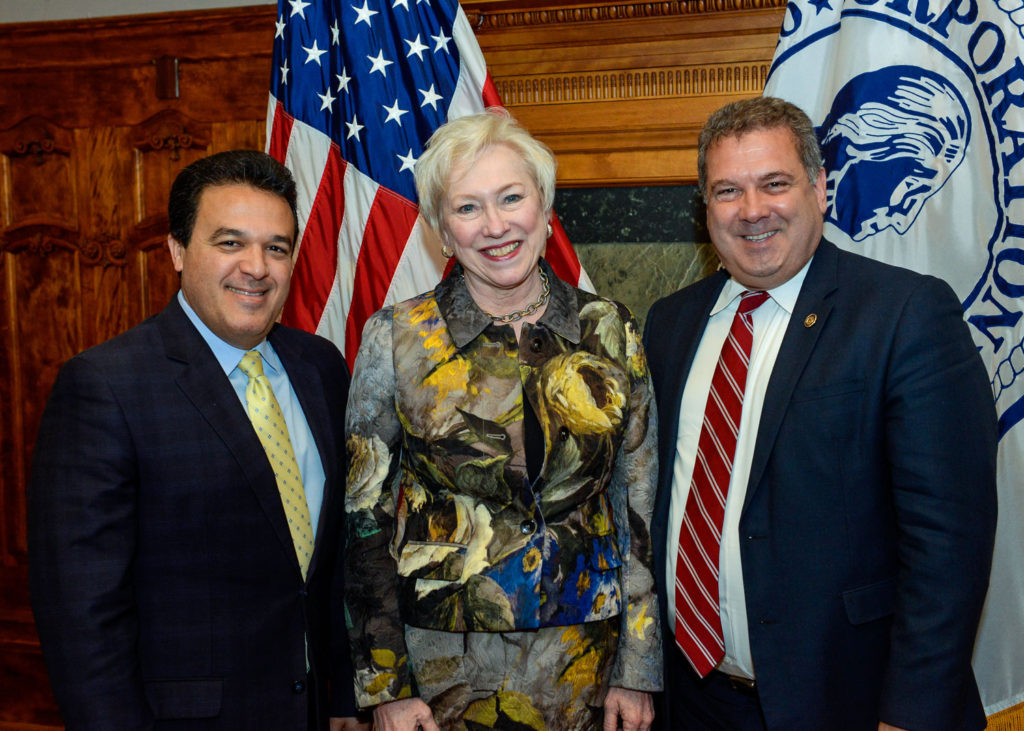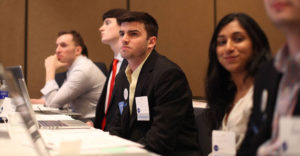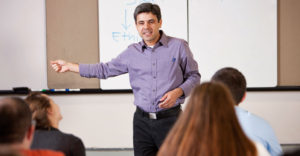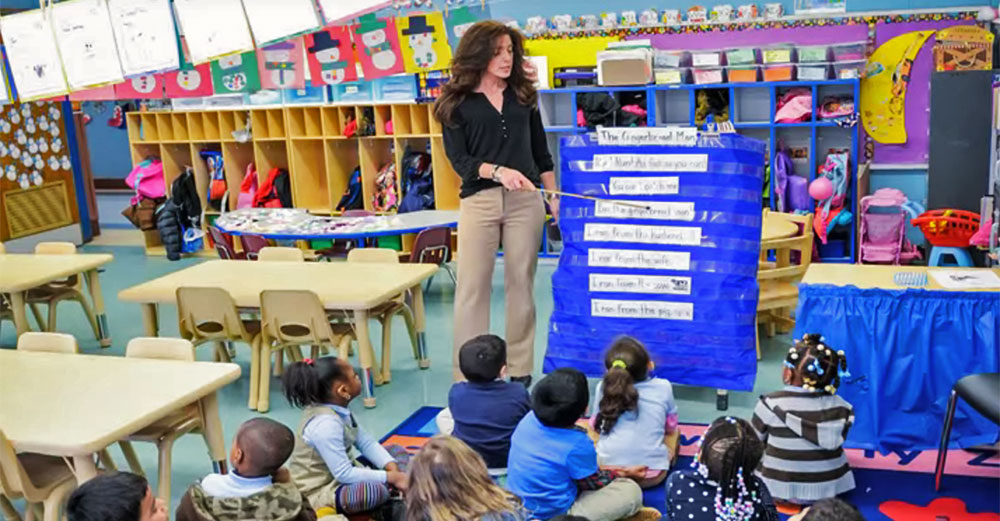
SUNY views education as a continuum that begins at birth and is carried on through school, college, career, and even into retirement. That is a core reason behind the creation of the New York State Cradle to Career (C2C) Alliance, a series of local education partnerships across New York State helping children succeed all through the education pipeline. Yonkers Thrives is a key component of this alliance, working to build a thriving culture around life-long learning among the children and youth of Yonkers.
This year, Yonkers Mayor Mike Spano has declared June 11th to be Yonkers Thrives Day, an event to celebrate the children of Yonkers and the families and organizations that support them. SUNY Chancellor Nancy Zimpher recently met with Yonkers Mayor Mike Spano and Yonkers Public Schools Superintendent Dr. Edwin Quezada on April 28, 2016 to reaffirm their commitment to working collectively to improve educational outcomes for children and families living in the City of Yonkers.
During the gathering, Chancellor Zimpher and Mayor Spano discussed the Yonkers Thrives initiative, which started with help from Chancellor Zimpher in 2013 as part of her vision to strengthen the education pipeline across New York State. Yonkers Thrives is now one of seven communities in New York that, with SUNY’s assistance, have used a collective impact approach to establish a formal C2C partnership to improve outcomes for their local children and families. (Among the other C2C partnerships in New York State are The Albany Promise, Geneva 2020, Harlem Renaissance Education Pipeline, North Country Thrive, ROC the Future (Rochester), and South Bronx Rising Together.)
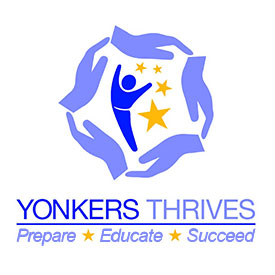
The meeting was on the heels of a Yonkers Thrives Leadership Council meeting at the Board of Education. This team of representatives from multiple sectors within the community, including education (early childhood, K-12, and higher education), non-profit organizations, health, government, business, civic, housing, and others, gathered to discuss the evolution of their partnership and how to pivot strategically as they enter into a new phase of their collective work. The presidents and faculty members from both SUNY Purchase and Westchester Community College are members of the Council.
During the meeting, leaders heard from Deputy Mayor Sue Gerry, Leadership Council Members representing Yonkers Public Schools, and Superintendent Quezada as they discussed the history of the partnership and the efforts of the partners to follow a specific Theory of Action – a framework designed by national partner StriveTogether – to collectively align their work. Leaders were asked to double down on their investments to help the partnership continue to move forward.
The leaders reaffirmed their dedication to putting these students and their families at the center of their collective work, discussing ways in which they can better bring in the voices of these members of the community – particularly parents and caregivers – to ensure that the partnership is, indeed, making a positive impact.
Improving readiness early in the pipeline
During the gathering, the work of the Yonkers Thrives Kindergarten Readiness Collaborative Action Network (K-Readiness CAN) was highlighted. The CAN is comprised of local experts, administrators, and practitioners from more than 30 organizations serving families with children under 6 in the City of Yonkers.
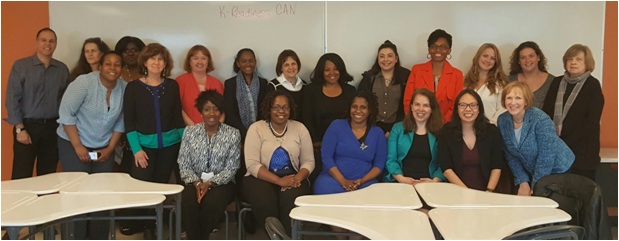
A data-sharing agreement between Yonkers Public Schools and Yonkers Thrives was developed as the CAN was forming. Using that data, CAN members were able to narrow its scope for the first year to include improving the kindergarten readiness of children in specific neighborhoods within the city. They aim to increase the readiness of the 2017 incoming kindergartners from these neighborhoods by 8%; by July 2020, the CAN hopes to increase the readiness of children from across the city from an average of 62.4% to 80%.
CAN members have used their own expertise and national research to identify the root causes of children coming to their first day of kindergarten unprepared to learn. They are in the process now of identifying which of these root causes they can focus on improving, again using local data to drive that decision. They charged the data team with collecting more evidence to help them determine whether or not chronic absenteeism of children in the City’s public and private pre-kindergarten programs is an issue. CAN members were also trained on the practice of using continuous improvement models within their projects to ensure that they can measure their effectiveness as they go.
With continued research, the CAN aims to know whether or not chronic absenteeism is an issue for the children living in the focus neighborhoods. If it turns out to be, they will create an action plan for reducing the number of pre-k students who are chronically absent for the 2016-2017 school year. If the data indicate that this isn’t an issue, the CAN will select another root cause on which to focus their efforts this first year.
All of this work and these efforts shine a light on the efforts on collective impact at work in southern NY and across the state to strengthen our education pipeline and make our students truly prepared for college, career, and beyond.
